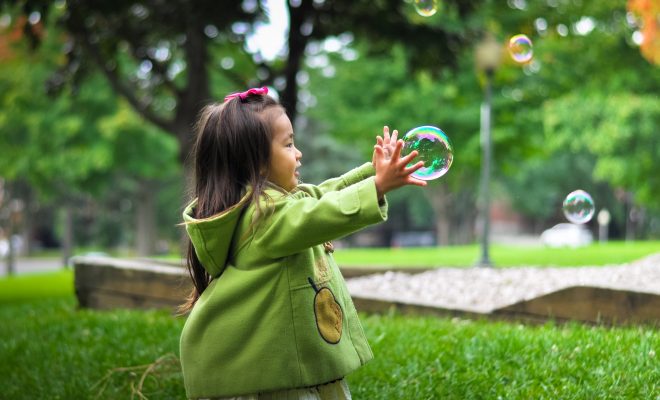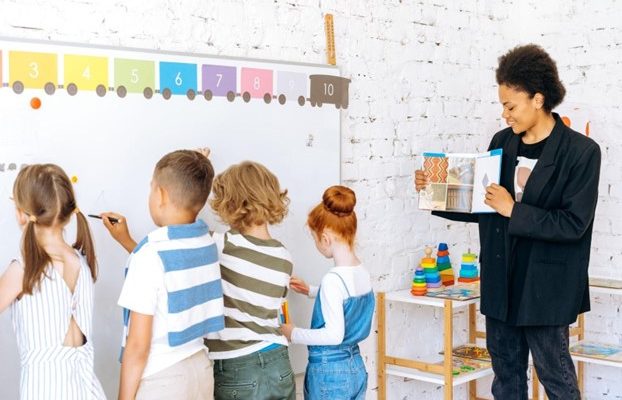Getting Through your Child’s Know It All Phase

Young children can develop a sense that they know more than their friends, their teacher, and even their parents. The know it all phase happens to every adolescent, and it will happen to yours, too.
If you’re wondering how you’ll ever survive this time in your child’s life, here are some tips for getting through your child’s know it all phase.
Throw less fuel on the fire
Of course, you are proud of your child. That’s why you praise him or her all the time.
If your child is a know it all, you may be providing the fuel for that attitude by delivering too much praise.
The child who is used to adulation expects to receive more reinforcement every time he or she reaches another milestone. Even the smallest of achievements become significant and the expectation fro praise is persistent. The praise may be transforming your kid into a know it all. After all, everything he or she does is brilliant – you said so yourself.
Instead, back off and reserve praise for the most important milestones, not everyday actions.
Continue the discussion, not the argument
An argument for the sake of argument serves no purpose, other than to waste time, provide a little entertainment and irritate you – a lot. Children who argue do it for power and control, even over their parents.
As tempting as it may be to jump into the argument, it’s better that you don’t. When your child tries to start an argument, maintain the emotional boundary you’ve set, and either make a comment and wait for a response or walk away.
The point is to show your child that you’re willing to have a conversation, but arguments won’t be tolerated.
Set boundaries
You won’t agree with everything your teenager says or does. Your teen won’t agree with you, either.
You can agree, however, to emotional boundaries. As the adult in the relationship, make it clear what is and is not okay, especially when it comes to safety. You may have to talk about staying up all night, using the car, having sex, and drinking – topics in which your child has not yet developed adult-like thinking skills.
Children who have not had boundaries are more likely to develop abusive habits regarding food, drugs, or alcohol.
Kids need to learn how to assert their opinions. It’s part of the growing up process. It’s completely normal for an adolescent to begin formulating his or her own viewpoints, especially when these thoughts are divergently different from your own.
You can help your child get through the process by reducing praise, ending arguments, and setting boundaries.






